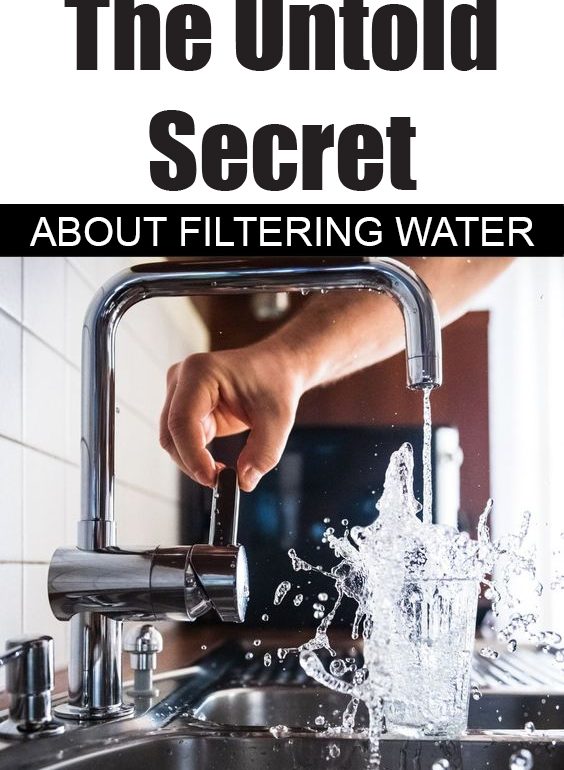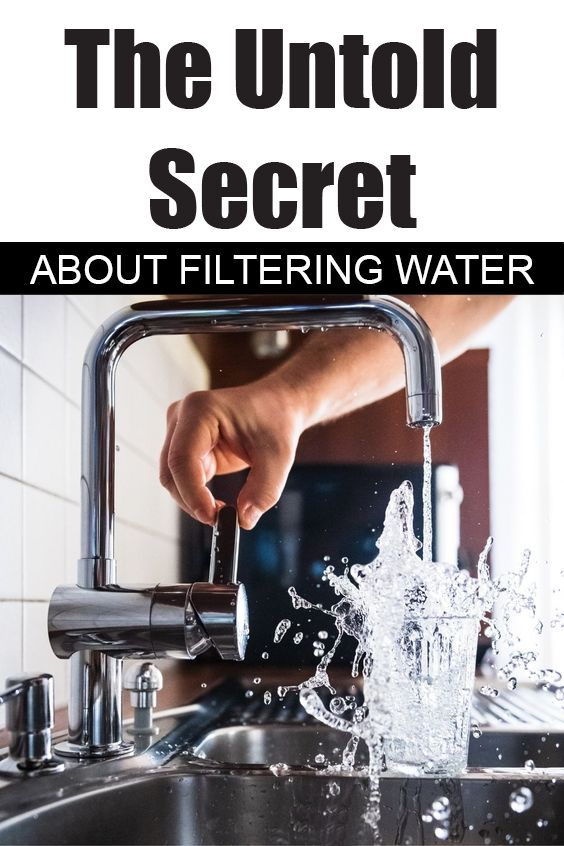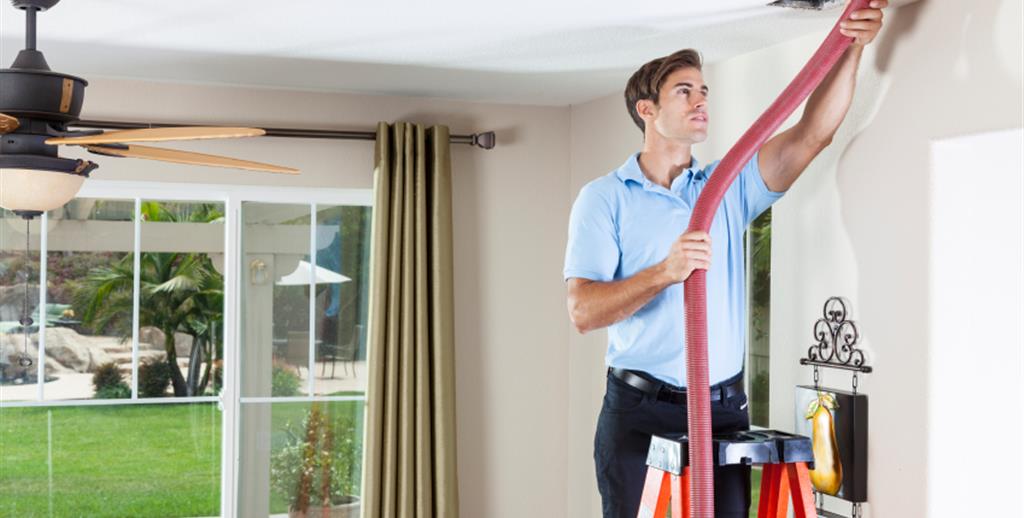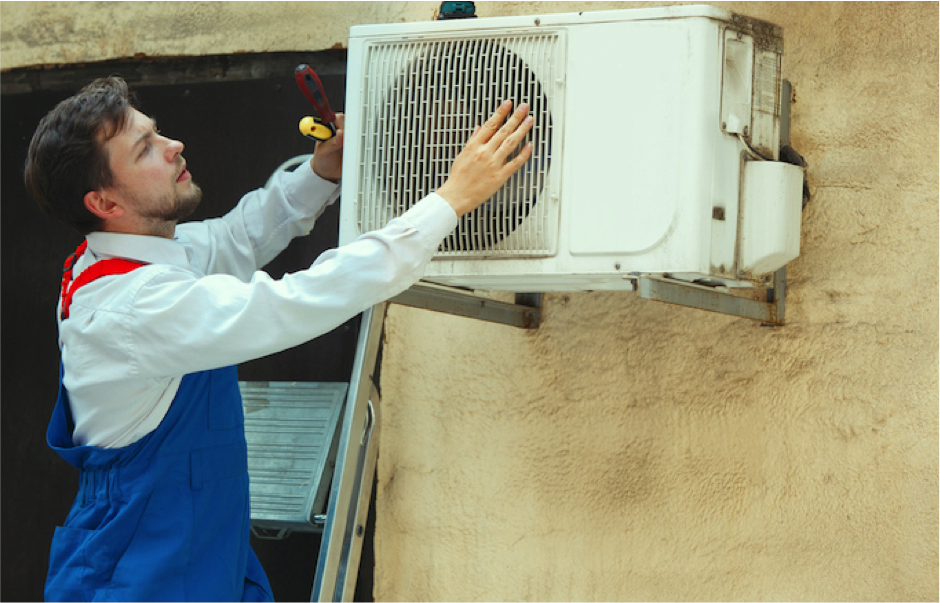The Untold Secret of Clean Water: Residential Water Filtering Systems

Do you ever wonder about the quality of water you consume at home? Drinkable water is a prime need of every human being, and its quality should not be compromised. In this article, we explore residential water filtering systems, their importance, types, working mechanisms, and pros and cons. For those looking to churn clean water right from their home, this guide will help you understand everything you need to know. So, keep reading to unlock the secret to clean and safe drinking water.
Understanding the Importance of Residential Water Filtering Systems
One basic reason to install residential water filtering systems is to improve the quality of water consumed in your household. The essence of clean water cannot be stressed enough. Unsafe water poses serious health risks such as waterborne diseases and heavy metal toxicity. Another benefit of having a water filtration system lies in its cost-effectiveness. Although the upfront cost may seem high, it will save you a considerable amount in the long term. Buying bottled water can add up quickly in terms of expense, especially for larger households.
A residential water filtering system also plays a critical role in preserving the environment. Plastic waste from bottled water creates a burden on landfill sites. When water is filtered at home, it reduces the reliance on bottled water, hence contributing positively to the environment. Beyond that, the quality of water can greatly influence the taste of drinks and foods prepared in the home. Filters that remove bleach and other chemicals can improve the taste of your tap water. For a breakdown of how these systems work, let’s move on to the next section.
Different Types of Home Water Filtration Systems
Diverse water filtering systems are available for residential use. One of the most common is the activated carbon filters which are excellent at removing large particles such as sediment and silt from water. They can eliminate unwanted tastes and odors. Reverse osmosis systems are also popular and known to be good at removing all types of contaminants resulting in pure water. However, they may also remove some minerals in water.
You might consider ultraviolet water purifiers, revolutionary technology for disinfecting water. They are efficient when it comes to killing bacteria and viruses but unable to filter contaminants such as chlorine. Infrared filters are used to soften hard water, making it more palatable. On the other hand, gravity-fed Filters are ideal for situations where there is no reliable supply of electricity.
How Do Residential Water Filtering Systems Work?
Regardless of the various types, water filtering systems, in principle, work on a similar line. They involve the process of catching contaminants while permitting water to flow. For instance, in active carbon filters, water passes through a layer of activated carbon. Here, chemicals and contaminants get absorbed, resulting in clean water. This type of filter is effective for removing chlorine, sediment, volatile organic compounds (VOCs), taste, and odor from water.
On the other hand, reverse osmosis systems operate on a bit complex mechanism. They pressurize water to pass through a semi-permeable membrane, which purifies water by removing a wide range of contaminants. Other systems like ultraviolet water purifiers destroy harmful microbes by exposing them to UV light.
As you can see, residential water filtering systems are essential for those seeking to improve the quality of their drinking water. With many filtration systems accessible today, there’s no reason not to have one in your home. Choose wisely, keeping in mind the contaminants present in your water, your household size, and your budget. After all, nothing is as precious as health, and clean water plays a significant role in maintaining it.







